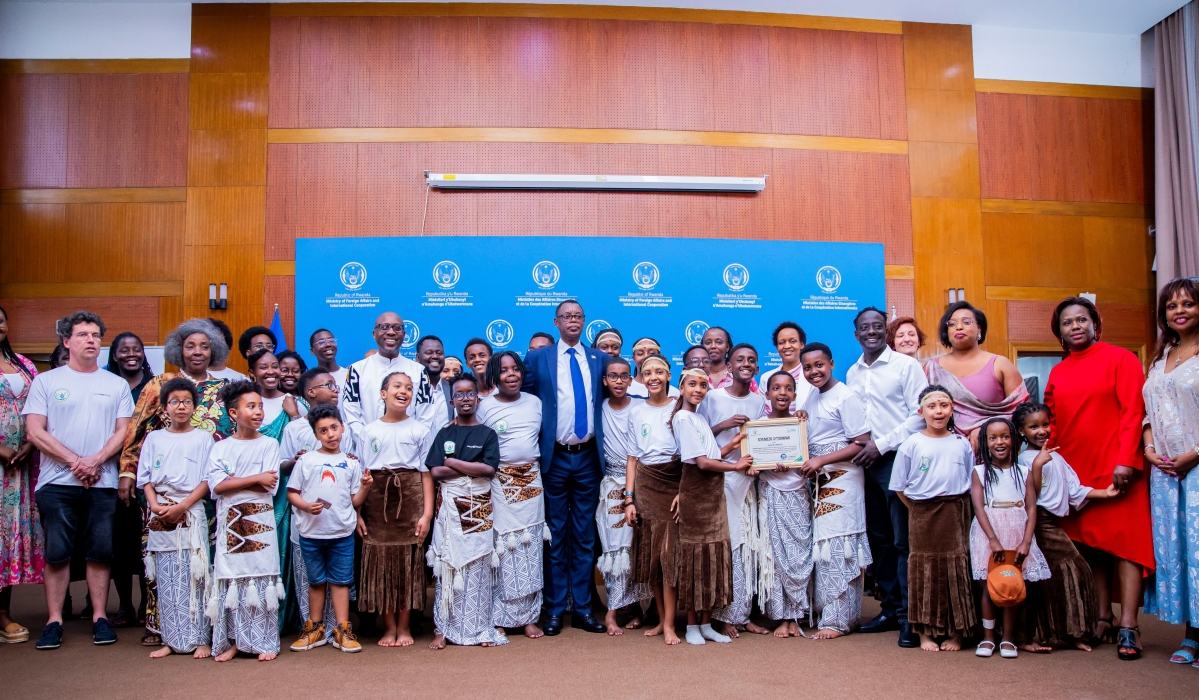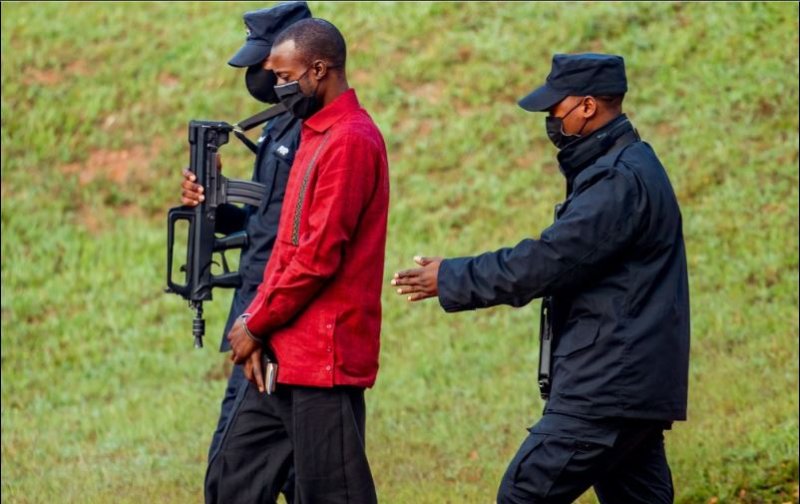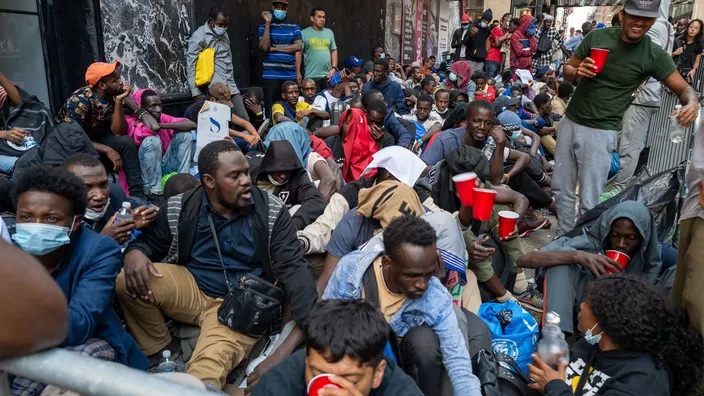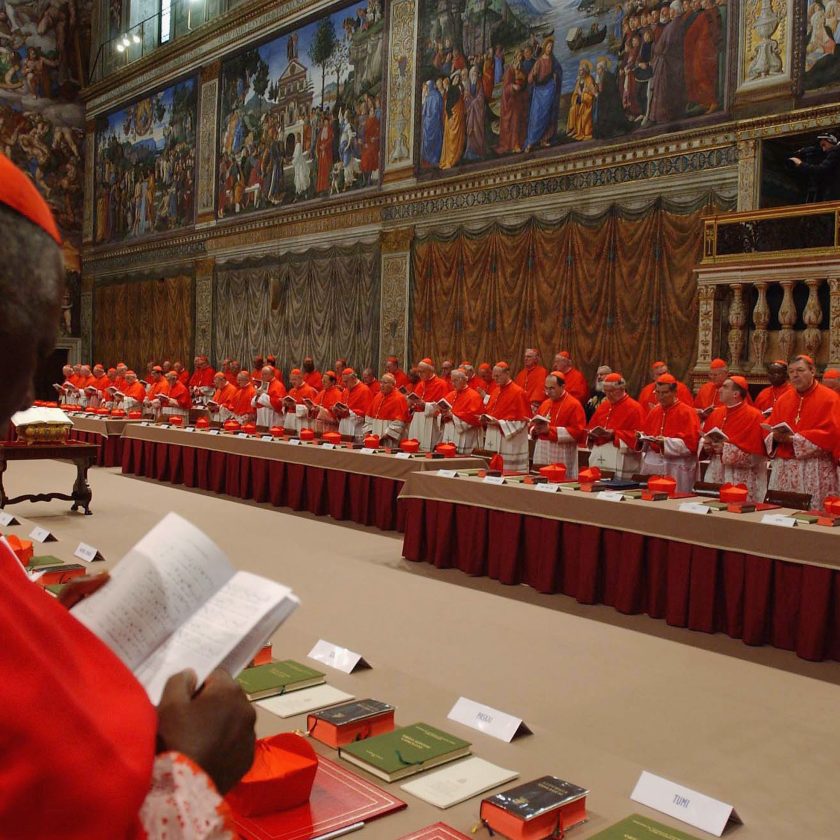The Minister of State for Foreign Affairs in Charge of Regional Cooperation, Gen (Rtd) James Kabarebe has urged Rwandan parents living abroad to teach their children Kinyarwanda and consider bringing them to visit their motherland.
Speaking at a hybrid event celebrating International Mother Language Day for Rwandans in the diaspora on March 2, he emphasised that the connection would help them appreciate the country, its beauty, and its people, and understand true values compared to their current places of residence.
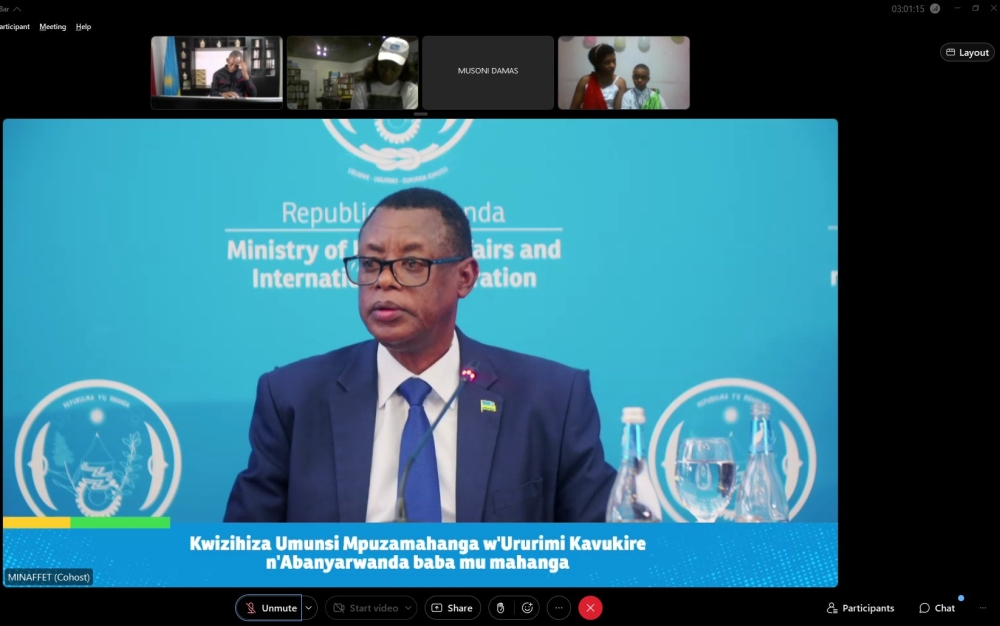
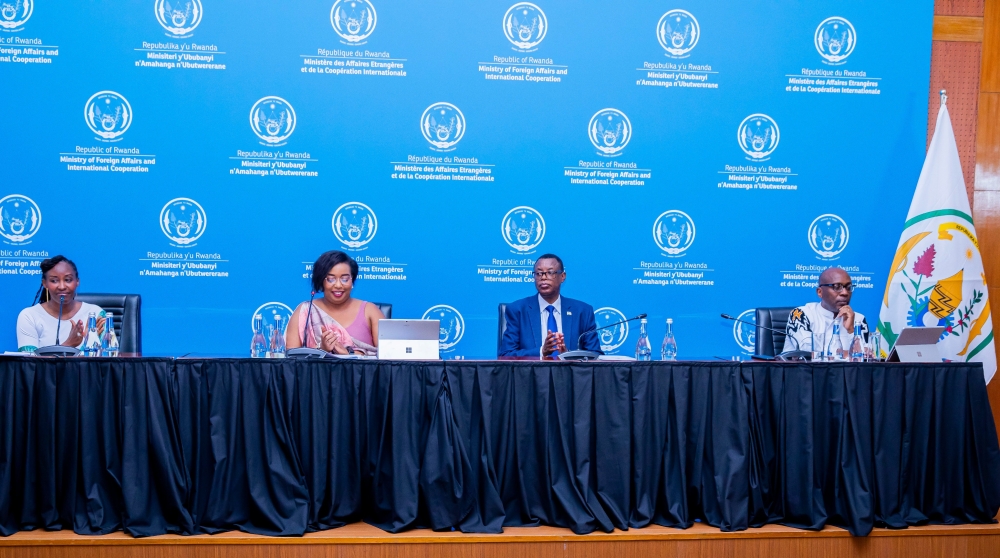
Kabarebe emphasised the distinction between knowing a language and knowing it well, highlighting that speaking and being understood in a language is attainable. He cited his own experience, noting that while he didn’t learn Kinyarwanda in school, he can speak it fluently.
“It is important to acknowledge our mother tongue, especially for the youth. Whenever a national voluntarily forgets their language and culture, they cease to be a complete national, losing their sense of identity and belonging. Knowing a foreign language does not make you a part of the community that owns that language. It’s impossible,” he stated.
Robert Masozera, Director General of Rwanda Cultural Heritage Academy (RCHA), emphasized three key points the government is working on with Rwandans in the diaspora: fostering unity among themselves, serving as good brand ambassadors for the country, and seeking support for Rwanda.
He noted that while Rwanda has not yet established cultural institutes in other countries or international media organisations, the country is promoting its culture and language through its embassies with Rwandans in the diaspora.
“You are our ambassadors,” remarked Masozera. “Wherever you reside, it becomes a part of Rwanda. To the government of Rwanda, you are highly valued, which is why we are dedicated to promoting our culture, starting with Kinyarwanda. We hope you can leverage this soft power to fulfill your responsibilities.”
Masozera stressed that being born abroad or living there for an extended period should not hinder individuals from learning and speaking Kinyarwanda well. He emphasized that commitment is key and that proficiency can be attained even by those who were not born native to Rwanda or have not lived there.
He outlined several ways to support those interested in learning Kinyarwanda: Firstly, Rwandans can collaborate with their respective embassies to find capable teachers and establish cultural and language schools, receiving government support in the process. Secondly, leveraging technology, as the government is currently digitising the language, can aid in learning. Thirdly, parents teaching their children the language is also an effective method, he said.
James Kimonyo, Rwanda’s Ambassador to China, emphasised the difficulty yet possibility of learning Kinyarwanda for those born abroad, noting the heroic effort required from both parents and children, along with the support of the youth.
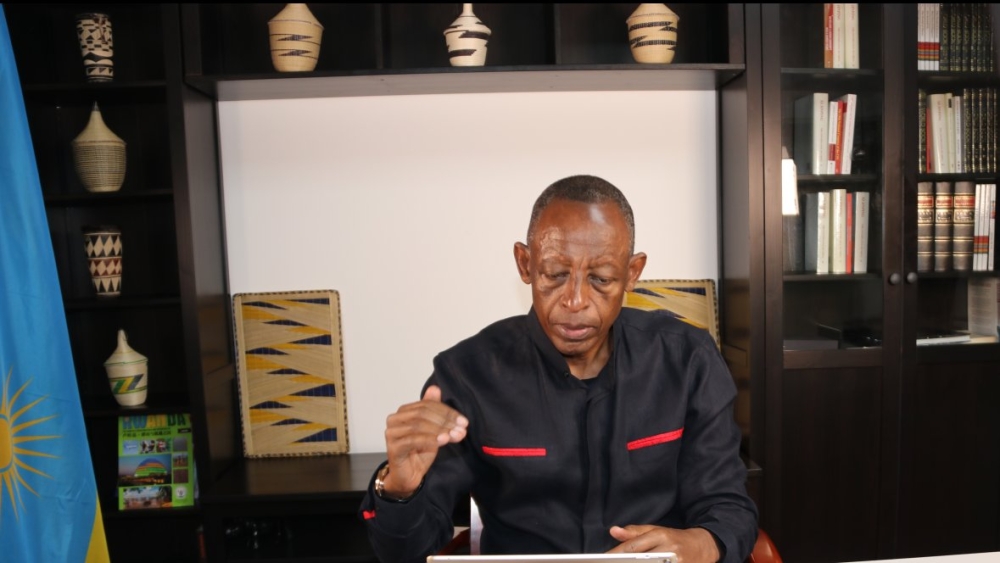
Kimonyo further underscored the intrinsic value of Rwandan values, often expressed through proverbs, which can be challenging to fully grasp in other languages.
He expressed gratitude towards the government for recognising the importance of Kinyarwanda and commended Rwandans abroad for their efforts in teaching it to their children.
“For Rwandans, speaking Kinyarwanda is speaking their identity,” he concluded.
The hybrid event featured Rwandan children living abroad reciting Kinyarwanda poems, winners of a competition organized by RCHA.
Participants, including children from Umuco School in Liege, Belgium, also showcased their progress on Kinyarwanda and Rwandan culture after just a week in Rwanda.
SOURCE: TNT


